Read Time: 5 Minutes Subscribe & Share
Composting is the Dark Horse Of Sustainability
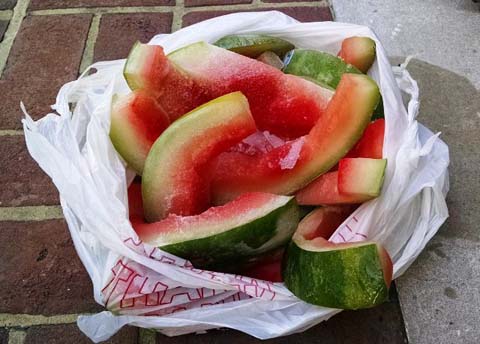 All I knew about composting was what I read in gardening magazines and observed in more ambitious friends’ back yards. I tried a very small composting drum on my deck and was overwhelmed by the odor of failure. How is it, I wondered, that composting is an effective way to reduce greenhouse gas emissions? Landfills are the single largest human source of methane emissions in the world. Composting can diminish the effluvia, and it reduces or eliminates the need for chemical fertilizers. With little knowledge of this, I separated glass, plastic, and paper and cardboard, but food waste either went down the disposal or in the general trash. I was awakened by the sophisticated programs for recycling and composting in EU countries. Interesting to note that my daughter in Italy has to separate in her home: organic waste, general waste, paper and cardboard, glass and metal containers, and finally, plastics. There are separate public dumpsters in Bologna for organic waste, glass and metal, and dirty diapers. The rules are less stringent in the UK, but many localities utilize municipally collected food waste to be recycled into bio-energy.
All I knew about composting was what I read in gardening magazines and observed in more ambitious friends’ back yards. I tried a very small composting drum on my deck and was overwhelmed by the odor of failure. How is it, I wondered, that composting is an effective way to reduce greenhouse gas emissions? Landfills are the single largest human source of methane emissions in the world. Composting can diminish the effluvia, and it reduces or eliminates the need for chemical fertilizers. With little knowledge of this, I separated glass, plastic, and paper and cardboard, but food waste either went down the disposal or in the general trash. I was awakened by the sophisticated programs for recycling and composting in EU countries. Interesting to note that my daughter in Italy has to separate in her home: organic waste, general waste, paper and cardboard, glass and metal containers, and finally, plastics. There are separate public dumpsters in Bologna for organic waste, glass and metal, and dirty diapers. The rules are less stringent in the UK, but many localities utilize municipally collected food waste to be recycled into bio-energy.
@FoodandCompost Is A National Compost Forum
But did you know that we now have an interesting public/private partnership for composting developing in Alexandria? Its roots are in the Twitter 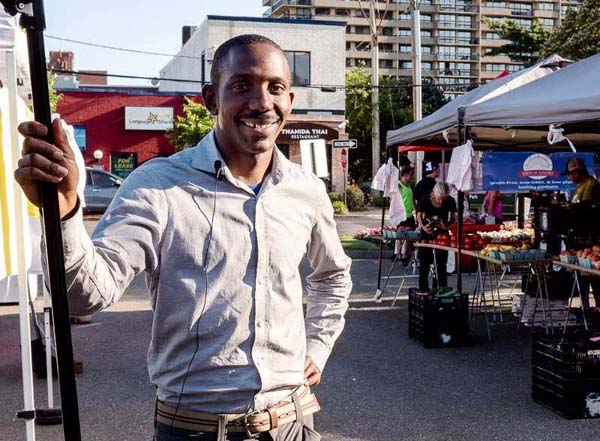 handle @FoodandCompost of Josh Etim – definitely a mover and shaker in getting US cities to adopt and adapt composting centers. With @FoodandCompost, you can share or learn about urban composting, how-tos in other cities, events, and contacts for setting up local composting collection centers — plus companies or methods to help you plunge into the actual process.
handle @FoodandCompost of Josh Etim – definitely a mover and shaker in getting US cities to adopt and adapt composting centers. With @FoodandCompost, you can share or learn about urban composting, how-tos in other cities, events, and contacts for setting up local composting collection centers — plus companies or methods to help you plunge into the actual process.
@FoodandCompost‘s offshoot is a Facebook page now called CompostAlex.com, which has detailed the inspiring and ongoing story of creating compost collection and production in Alexandria. What we have is a real partnership between the City government and its citizens. I first noticed people in my neighborhood carrying little beige, covered plastic containers to the Saturday Farmers’ Market at Market Square. The City sets up a tent with covered containers, informative brochures, and the ubiquitous composting containers for sale at a reasonable price. You fill your container with vegetable and fruit waste (flower arrangements too) and bring it to their station on Saturdays. There are now composting stations at four Alexandria Farmers’ Markets.
CompostAlex Is Our Local Go-To Resource
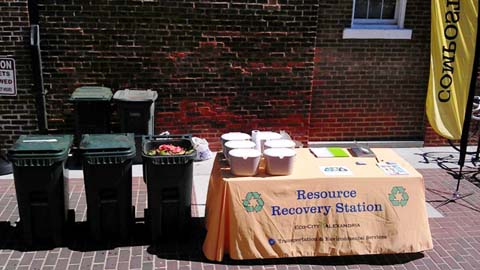 CompostAlex is responsible for engaging the City government and Alexandria neighborhoods in forming partnerships (or in their lingo, PARKnerships) with the City’s Department Of Recreation, Parks and Cultural Activities to create more compost collection centers. If you follow their Facebook page, you’ll find out if there is a place in your area where you can drop off household food waste, get advice on how to start one in your neighborhood, or whom to contact to help you become more involved with this growing sustainability movement. While CompostAlex and @FoodandCompost are somewhat intertwined, they both serve different functions.
CompostAlex is responsible for engaging the City government and Alexandria neighborhoods in forming partnerships (or in their lingo, PARKnerships) with the City’s Department Of Recreation, Parks and Cultural Activities to create more compost collection centers. If you follow their Facebook page, you’ll find out if there is a place in your area where you can drop off household food waste, get advice on how to start one in your neighborhood, or whom to contact to help you become more involved with this growing sustainability movement. While CompostAlex and @FoodandCompost are somewhat intertwined, they both serve different functions.
Currently, the program that I participate in is operated by the City of Alexandria’s Department of Transportation and Environmental Services. It’s a food scrap drop-off program that collects materials at farmers markets and then has the material composted at a Prince George’s County industrial facility. The City wants to see if the public will engage in composting, given the opportunity. To be involved, a person gathers food scraps from their home, and bring their collected finery to a Farmers Market Day drop-off program. CompostAlex promotes public awareness of this pilot project.
CompostAlex does not take in food scraps directly, but instead directs people to participate in the City of Alexandria’s food scrap drop-off program, or through a local business’s composting program. In the DMV region, food scrap compost is either composted in a backyard, at a local school compost site, in a specified community garden designed for food scrap composting, or at the PG County facility. The majority of current food scrap collections is believed to be composted in PG County.
People can purchase bags of compost made from the PG County facility at local Home Depots, Ace Hardware stores, and garden centers. Here’s a link to the list of PG County garden-ready compost retailers. Note that if the compost is in a bag called Leaf Gro, then it comes from wood waste that is composted. Currently, the other compost product called Leaf Gro Gold comes from composting food scraps, and it’s available only for bulk purchases through the PG County facility. A customer must call them to set up the purchase.
Being Part Of A National Movement
This publicly and privately supported composting service is part of a larger movement comprised of individual municipal efforts, which are not nationally tied together under an agency. City governments across the country are supporting one or many composting services, such as 1) New York City Composting Project, 2) Seattle and King County’s Tilth Alliance, 3) Boulder County’s programs, 4) Austin’s Composting programs. Some of those programs are large scale and spread across a community, for both curbside pick-up and commercial business organics (food/yard) recycling, while other programs support what is known as Community Composting. Community Composting tends to be smaller in scale than a large business or government program, and can describe anything from a neighborhood doing its own composting, to a small business fulfilling the needs of a specific community, to a non-profit engaging in compost and farming/gardening activities.
not nationally tied together under an agency. City governments across the country are supporting one or many composting services, such as 1) New York City Composting Project, 2) Seattle and King County’s Tilth Alliance, 3) Boulder County’s programs, 4) Austin’s Composting programs. Some of those programs are large scale and spread across a community, for both curbside pick-up and commercial business organics (food/yard) recycling, while other programs support what is known as Community Composting. Community Composting tends to be smaller in scale than a large business or government program, and can describe anything from a neighborhood doing its own composting, to a small business fulfilling the needs of a specific community, to a non-profit engaging in compost and farming/gardening activities.
Take a look a few other community composters : 1) LA Compost located in Los Angeles, 2) Rust Belt Riders located in Cleveland, 3) Compost Now located in Raleigh,
4A) DC’s Food Scrap Drop-off and 4B) DC’s Park’s and Rec Community Composting program, and 5) Red Hook Farms in New York City. Both the large-scale composting adoption and smaller scale community composting are independent movements and represent a growing trend of our society becoming involved with composting personal food scraps. The emerging “umbrella” of compost movements is taking shape, and people are stepping up to lead so that composting becomes part of our society’s normal infrastructure.
If you don’t have a program in your neighborhood, use this information to get one started! Remember, we used not to separate paper, glass and plastic for recycling and now we do.
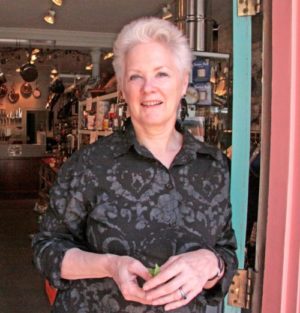
Kitchen Detail shares under the radar recipes, explores the art of cooking, the stories behind food, and the tools that bring it all together, while uncovering the social, political, and environmental truths that shape our culinary world.
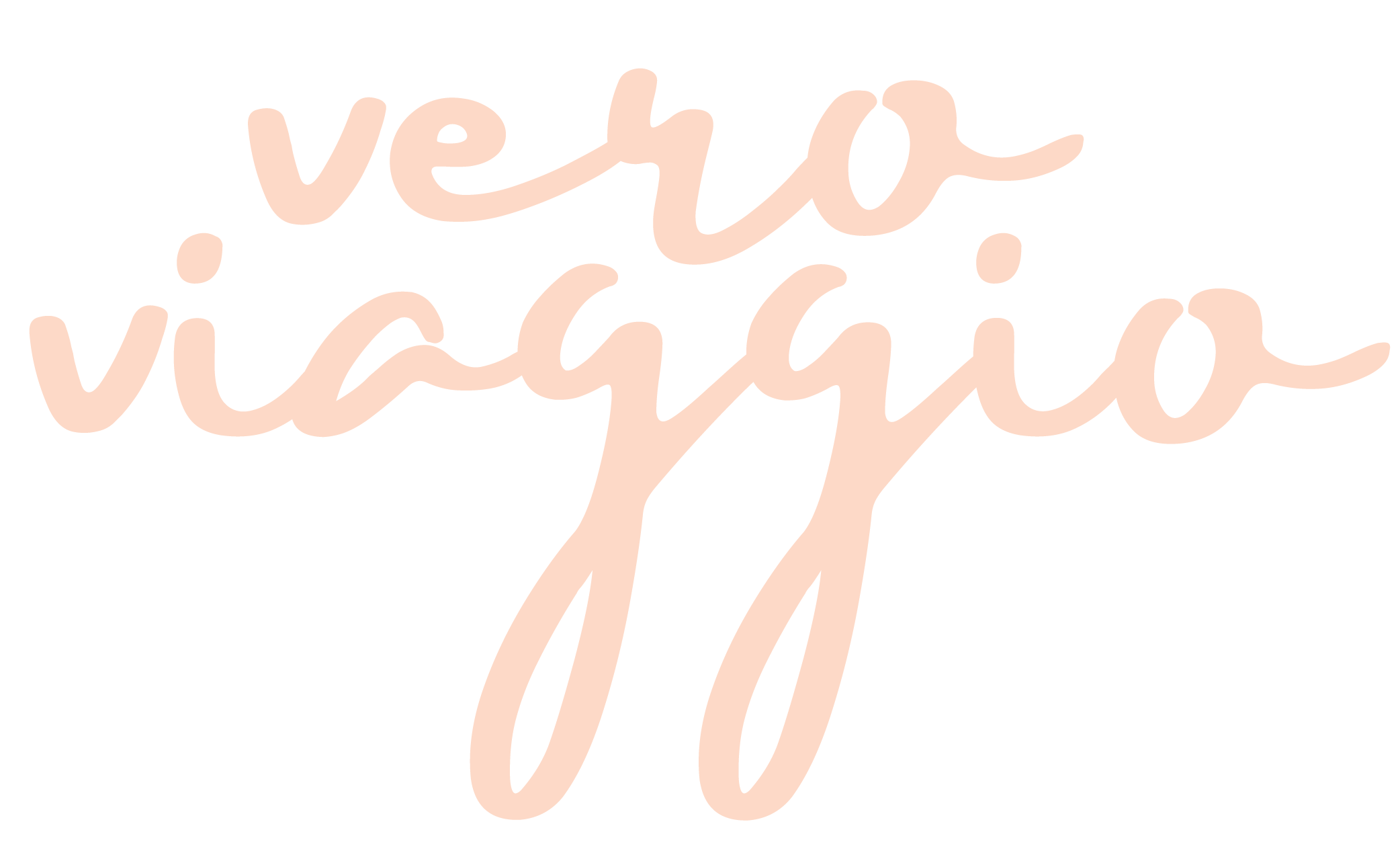



Comments are closed here.
Follow this link to create a Kitchen Detail account so that you can leave comments!